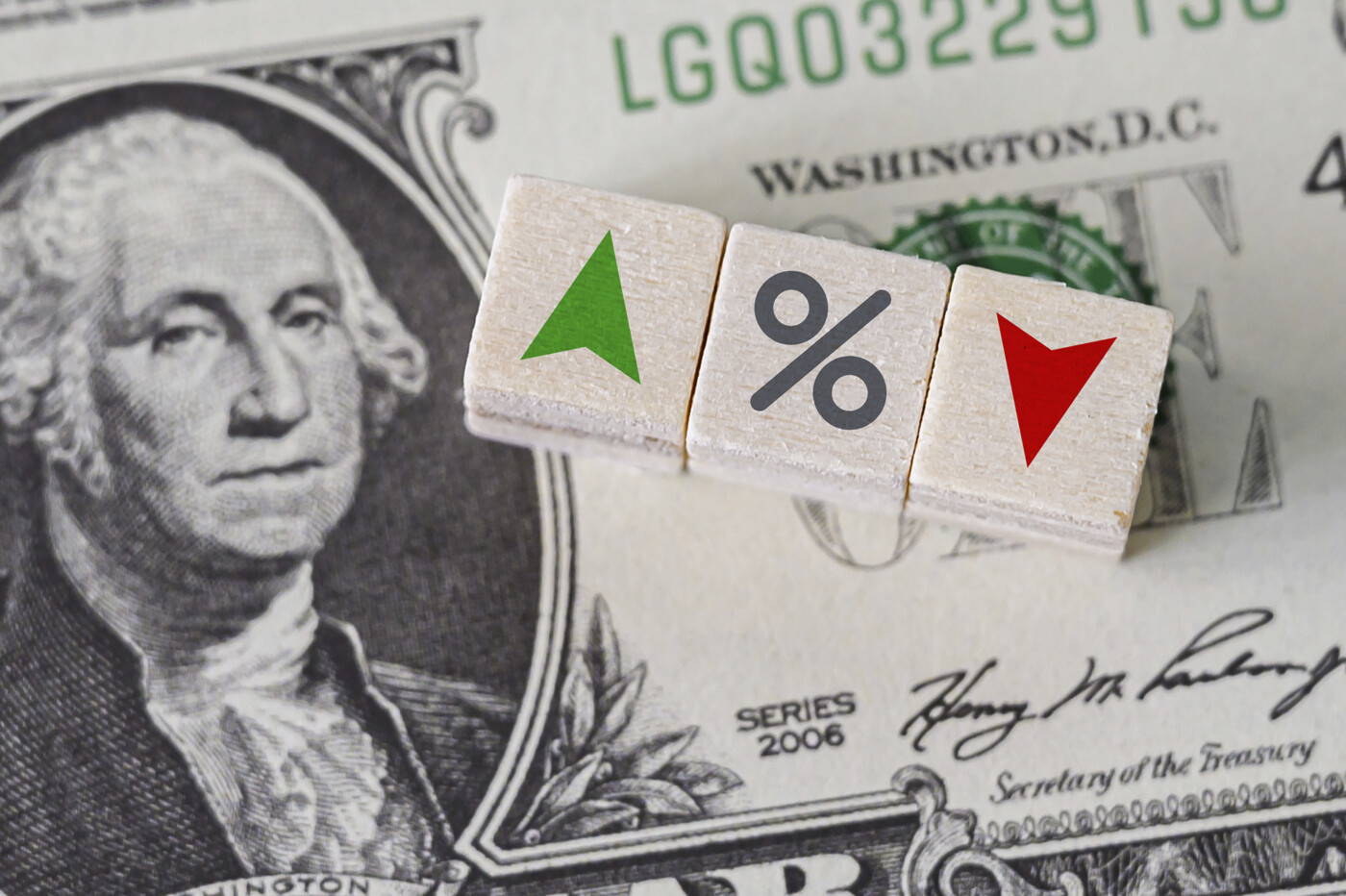Many schools and local governments staggering under looming billion-dollar shortfalls are throwing their weight behind Prop. 15, a high-profile measure on California’s November ballot that could raise up to $11.5 billion annually.
But only 51% of likely voters support the measure, according to a Public Policy Institute of California report released late Wednesday night — signaling that its future is anything but certain. The measure would amend Prop. 13 — the landmark 1978 measure that capped property taxes — by raising taxes on large commercial properties.
Gov. Gavin Newsom endorsed Prop. 15 Monday after remaining mum on it for months.
- Newsom: “It’s a fair, phased-in and long-overdue reform to state tax policy; it’s consistent with California’s progressive fiscal values; it will exempt small businesses and residential property owners.”
- Rob Lapsley, president of the California Business Roundtable: “Now is not the time to raise $11.5 billion in new taxes and drive up the cost on everything from food, gas, daycare and other daily essentials.”
Another ballot measure with an uncertain future: Prop. 16, which would overturn the state’s ban on affirmative action. Around 31% of likely voters would vote yes, compared to 47% no and 22% undecided, the PPIC report found. (Newsom endorsed Prop. 16 in August.)
The news comes as 59% of Californians said race relations in the United States are deteriorating, in what PPIC CEO Mark Baldassare called “a major shift in public opinion.” Around 45% of Californians said race relations were getting worse in January 2019.
Newsom’s approval rating remains high at 59%, though it dropped from a record high of 65% in May, the report found. Nevertheless, 62% of adults said they approve of how Newsom has handled the coronavirus pandemic. And as coronavirus positivity rates fall to an all-time low, 58% of Californians said the worst of the pandemic is behind us, compared to 69% who in May said the worst was yet to come.
When it comes to the presidential election, no surprises for deep-blue California: 60% of likely voters favor Joe Biden, while 31% favor Donald Trump.
Other stories you should know
1. California wildfire update

More than 17,000 firefighters are battling 25 major fires across the state, Newsom said Wednesday, adding that so far this year wildfires have charred 3.4 million acres, killed 25, forced 38,114 evacuations and destroyed more than 4,200 structures — while also spewing smoke as far as Europe. With a death toll of 15, the North Complex Fire in Butte, Plumas and Yuba counties became the fifth-deadliest and six-largest wildfire in California history. Meanwhile, the Bobcat Fire in Los Angeles County remains uniquely challenging for firefighters, remaining at 3% containment while threatening foothill communities and the iconic Mt. Wilson observatory. To keep track of all the blazes, check out the Los Angeles Times’ fire map.
2. California voting contract under investigation

A powerful U.S. House of Representatives committee is investigating a $35 million voter-education contract that the California Secretary of State’s office awarded to a consulting firm tied to Joe Biden’s presidential campaign, the Sacramento Bee reports. The firm, SKD Knickerbocker, was chosen during an emergency bid process to run “Vote Safe California,” a campaign to encourage voting by mail and share important election information. One of the firm’s managing directors is a senior adviser to Biden’s campaign, and several Vote Safe team members have worked extensively on the campaigns of prominent Democrats, including Kamala Harris and Hillary Clinton. In a Wednesday letter to Secretary of State Alex Padilla, three House Republicans said SKD Knickerbocker is also being targeted by Russian hackers, raising concerns over the security of California voter information.
Also on Wednesday, state Senate Republican Leader Shannon Grove demanded an investigation into the contract.
- Grove: “Imagine the outcry if Democrats found out the state awarded a $35 million contract under the guise of ‘Vote Safe California’ to an organization with strong ties to ‘Team Trump.’”
- Heather Wilson, a managing director and head of SKD Knickerbocker’s California office: “As a public affairs firm, a great deal of our work (including this Vote Safe campaign) is nonpartisan.”
3. California surpasses 2010 census response rate

California on Wednesday exceeded its 2010 census response rate with two weeks left in the counting period. Around 10.3 million households, or 68.4%, have responded so far — compared to 68.2% in 2010. Officials had feared an undercount — potentially costing California a seat in the House of Representatives along with billions in federal funding — due to the Trump administration slashing the counting period by a month, the coronavirus pandemic restricting door-to-door canvassing, wealthy Californians fleeing to vacation or secondary homes and the general difficulty of connecting with the Golden State’s hard-to-reach communities.
- Ditas Katague, director of the California Complete Count — Census 2020: “With two weeks left, our message is loud and clear: Californians need to act and fill out their Census forms. We have just days to secure funding and representation in our state for the next decade.”
4. Another year of online learning at UC?

Zoom classes and extremely limited on-campus housing at the University of California will likely be the norm for at least another year, the system’s top health official said Wednesday. Dr. Carrie Byington’s remarks are the strongest indication that UC will follow in the footsteps of the Cal State system, which last week announced an almost entirely online spring 2021 semester, CalMatters’ Mikhail Zinshteyn reports. Byington said the pandemic will require UC to keep its current modifications in place until September 2021, improving gradually each month through July 2022.
- Byington: “This is not something that will go away quickly. … The pandemic of 1918, which is the one that we would compare this to most easily, (it) was about four years before things began to really change.”
